WHAT IS HAPPENING IN SYRIA?
The conflict in Syria dates back to March 2011.
It started out as a peaceful protest, with public demonstrations calling for democratic reforms. But the peaceful demonstrations were met by swift government opposition, eventually giving way to a brutal war.
Today, the conflict is complex and violent. It has become an internationally backed power struggle between government forces and a mix of opposition groups – including so called Islamic State. Reports of war crimes are widespread.
Politics has failed the people of Syria. It has left them trapped and repeatedly uprooted by violence, targeted where they should feel safe.
Over 900,000 people have fled the violence since December 2019 alone. Coronavirus is also an additional threat for families fleeing the violence.
Working through our partners we’ve supported 250,000 people fleeing the unimaginable danger with essential aid.
As the conflict now enters its 10th year, millions of people remain displaced, unsure if they will ever be able to return home.
But one thing remains constant; Syria’s civilians continue to pay the price. The future of millions of families still hangs in the balance.
KEY FACTS
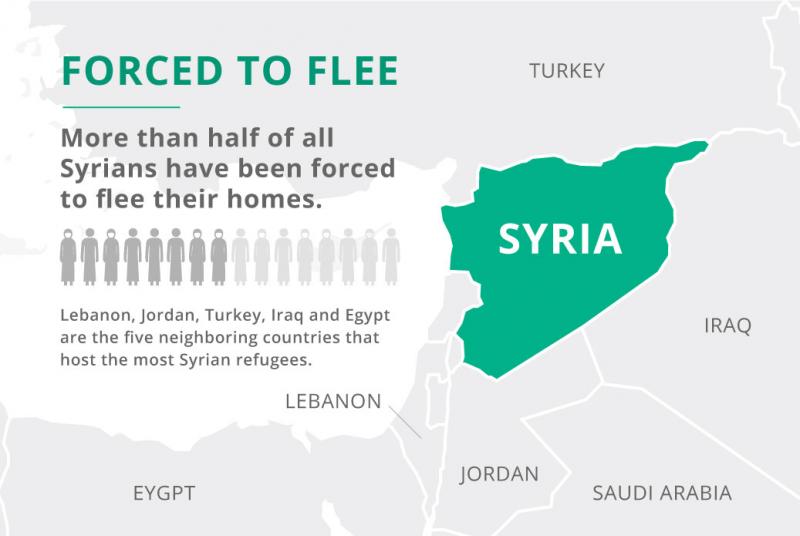
- Over 900,000 people have fled the violence in Idlib since December 2019
- The war has lasted ten years and counting
- One in four schools have been damaged, destroyed or used for shelter
- Over half of Syria’s hospitals are no longer functioning
- Millions of hectares of farmland have been destroyed or abandoned
- More than half of all Syrians have been forced to flee their homes
*OCHA (United Nations Office For The Coordination Of Humanitarian Affairs), Syrian Arab Republic, About the Crisis
Who controls what?
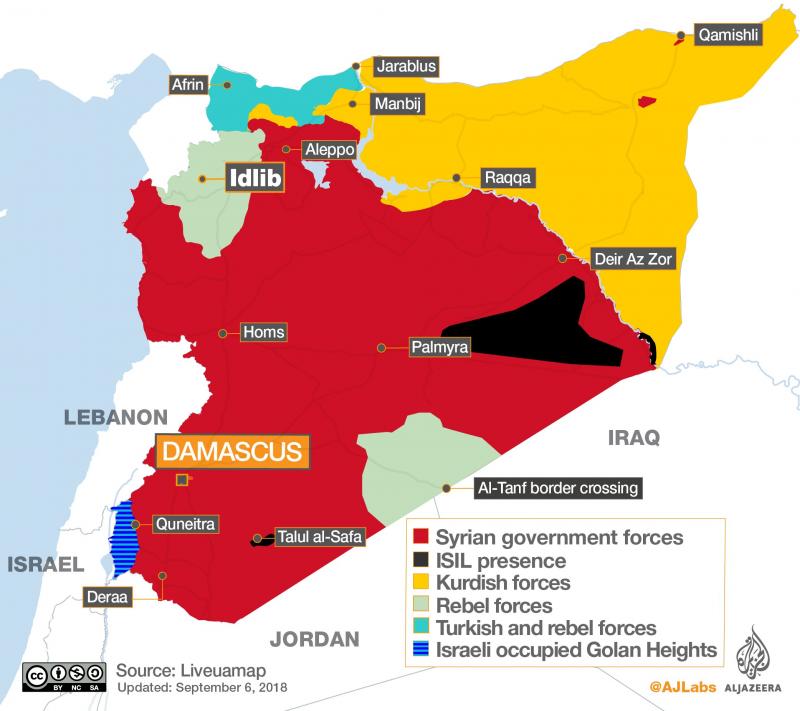
The last year has seen a dramatic shift in the power dynamics of the conflict in Syria.
With support from Russia and Iran, the Syrian government has taken back lots of opposition territory around Damascus, as well as parts of the north west and most of the south. Meanwhile Turkey launched an offensive to occupy an enclave in the north west, taking it from the Syrian Kurds.
So called Islamic State has been forced from much of the territory it once controlled. But it still remains a threat and is still capable of launching sporadic attacks across the country.
Kurdish Forces still hold significant territory in the north east, whilst other armed opposition groups still control small areas throughout the country.
Some families are starting to return home to the areas where fighting has ended. But the situation is still volatile, and the level of destruction will present extreme challenges for these families.
AIRSTRIKES IN IDLIB
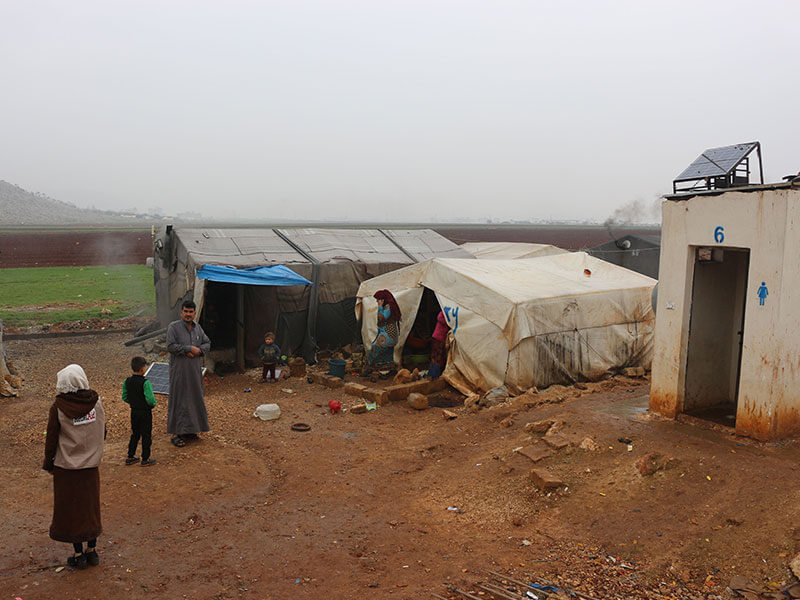
Another increase in aerial bombardments and a ground offensive in the province of Idlib has killed or seriously injured innocent people.
More than 900,000 people have fled the violence since December alone. Fleeing families are squeezed into a smaller and smaller area, with the border to Turkey closed and government forces pushing to reclaim territory in Idlib.
New arrivals are moving into old, abandoned or damaged tents, or having to share with others. Heavy rain has brought flooding; tents battered by the elements are leaking.
ShelterBox is already working with ReliefAid to help thousands of families in Idlib province this winter. But we need your support to do more.
HOW ARE WE HELPING?
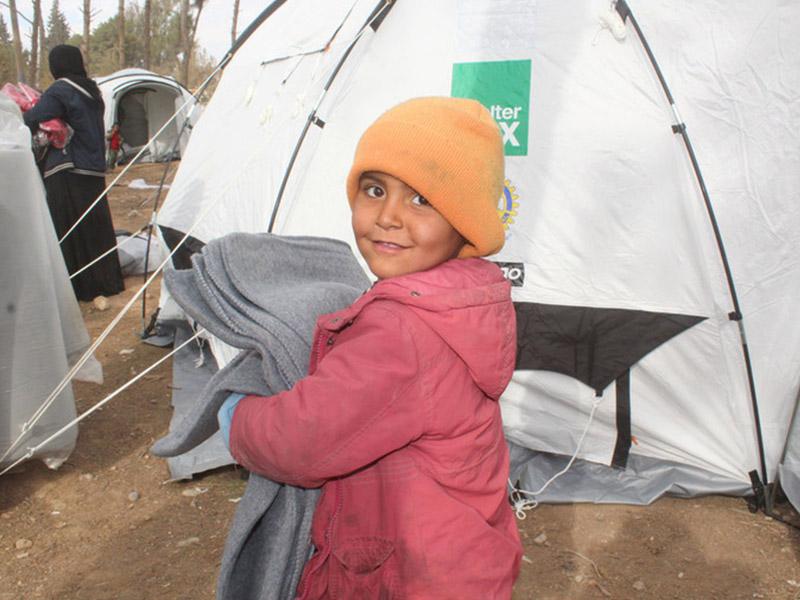
We’re providing shelter for families who have been forced to leave their homes due to the conflict in Syria.
Syria faces extreme heat in the summer and freezing temperatures in the winter, so our aid is designed to reduce their vulnerablity to weather and environmental extremes.
When families are far from home, and traumatised from their experiences, having a safe place to call home is invaluable. Our aim is to help vulnerable people who are not being reached by other humanitarian organisations.
More than 250,000 people have already received ShelterBox aid since we first responded to the crisis in December 2012. This makes it the largest, most sustained response in our history.
A SELECTION OF OUR AID ITEMS IN SYRIA
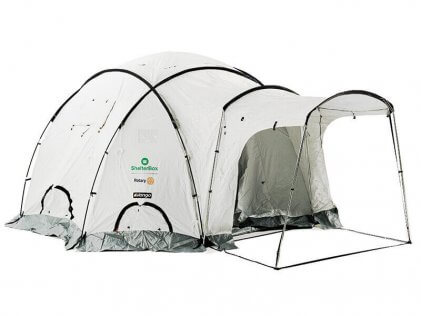
ShelterBox tents
When families lose their homes, we provide tents for people who were previously sleeping under trees or staying in overcrowded collective centres.

Thermal blankets
In winter we provide items like winter clothing, high thermal blankets, mattresses and sometimes stoves to help combat the freezing temperatures.
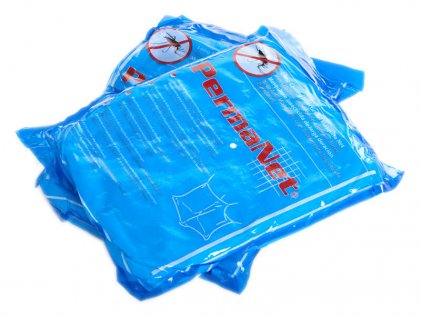
Mosquito nets
In summer we supply items that shade families from the beating sun and protect them from biting insects like sand flies which transmit leishmania disease.
Join our mailing community
Stay up to date with the latest news from Syria and around the rest of the world by joining our mailing list.
